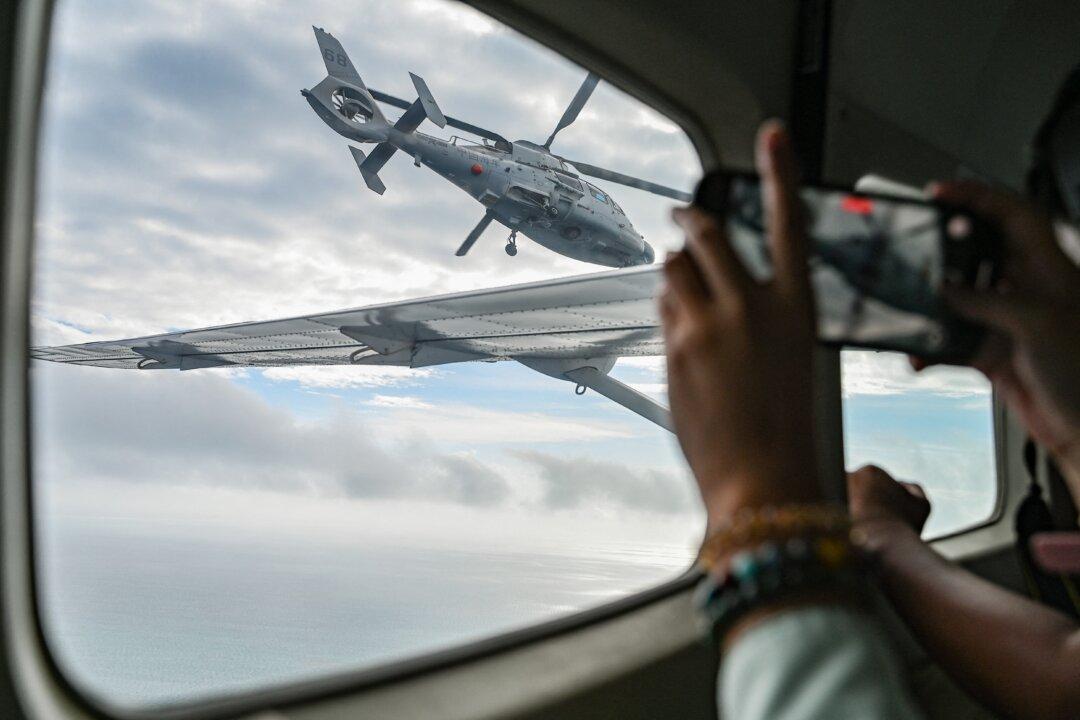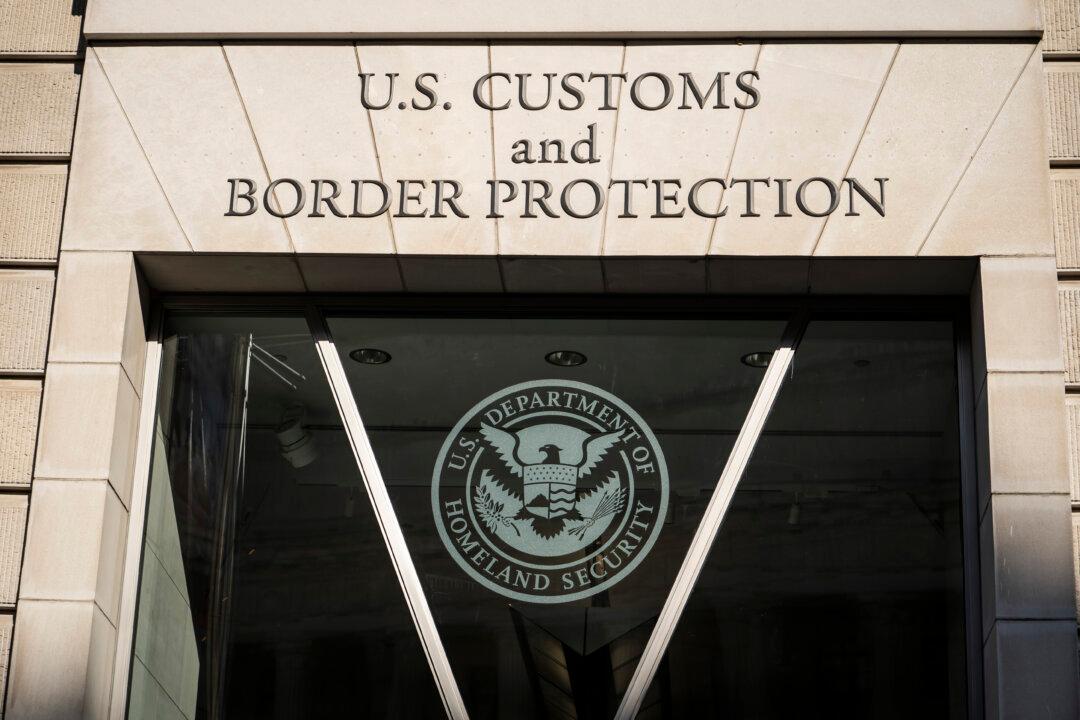A U.S. legislation intended to curb the security threats posed by China-manufactured drones recently took a key step toward becoming law.
The House
Committee on Homeland Security unanimously passed the Drone Origin Security Enhancement Act (
H.R. 4753) on Oct. 23.
The bill would bar the Department of Homeland Security (DHS) from operating, providing financial assistance for, or entering into or renewing a contract for the procurement of an unmanned aerial system (UAS) from foreign countries recognized as “strategic competitors,” as outlined the Pentagon’s
U.S. National Defense Strategy of 2018.
The
report identified China as a “strategic competitor” and warned that Beijing “seeks Indo-Pacific regional hegemony in the near-term and displacement of the United States to achieve global preeminence in the future.”
The bill will next head toward a floor vote. A Senate version, the
American Drone Security Act, proposes banning all federal agencies from procuring certain Chinese drones. It was introduced in September.
“Our bill ensures American drone technology will be free from Chinese influence, which is crucial because it’s been demonstrated time after time that we cannot trust Chinese technology in sensitive national security hardware,” stated Rep. Dan Crenshaw (R-Texas) in a
press release from his office.
The bill was introduced on Oct. 18 by Crenshaw, Mike Rogers (R-Ala.), and Xochitl Torres Small (D-N.M.).
“China and other adversaries are willing and able to use emerging technologies like drones for surveillance and espionage,” Rogers said, according to the press release.
DJI
China’s leading drone maker DJI, a private company headquartered in the southern Chinese city of Shenzhen, enjoys a huge market share in the United States. Research firm Skylogic reported in 2018 that 79 percent of commercial drones operating in Canada and the United States are manufactured by DJI.DHS is comprised of 22 agencies, including the Coast Guard and the U.S. Customs and Border Protection, the latter of which employs drones for border patrol missions.
In response to the bill’s passage through the House committee, an unnamed official for DJI told
The Hill that the bill “would prevent the Department of Homeland Security from using the industry’s most advanced drone and drone-detection technology—which it already relies on–to support vital operations.”
It is not known how many DJI drones are currently in the DHS’s fleet.
According to a 2018
report by the Center for The Study of the Drone at Bard College, at least 910 state and local police, sheriff, fire, and emergency services agencies in the United States use drones, with 523 of them having purchased at least one drone from DJI.
In May, the
DHS issued an industry alert about Chinese-manufactured drones, warning that data from the machines could be compromised.
US Military
The security risks of U.S. military using DJI drones was raised last month.
On Sept. 17,
Voice of America (VOA) reported that the U.S. Navy spent about $190,000 and the Air Force $50,000 on DJI drones between August and November 2018, citing government documents.
Ellen Lord, undersecretary of defense for acquisition and sustainment, eased those concerns somewhat when she told reporters on Oct. 18 that her office wrote off waivers for the U.S. military to use Chinese drones “in highly controlled conditions to test our counter-UAS capability,” meaning that they were being used for target practice.
She added: “We are not authorizing utilization of Chinese drones out in the field,” according to a
transcript published by the Pentagon.
On Oct. 24,
VOA reported that the Pentagon approved the purchase of DJI equipment for a “training operation” as late as June 28, based on a Pentagon memo it had seen and that was confirmed by an unnamed defense official.
In August 2017, the U.S. Army ordered its troops to stop using DJI’s commercial drones for surveying and surveillance purposes, due to potential cyber vulnerabilities, according to
Reuters.
In June 2018, the Pentagon issued a policy memo banning the U.S. Marine Corps from purchasing and using any type of commercial-off-the-shelf unmanned aerial systems, according to
Marine Corps Times.





